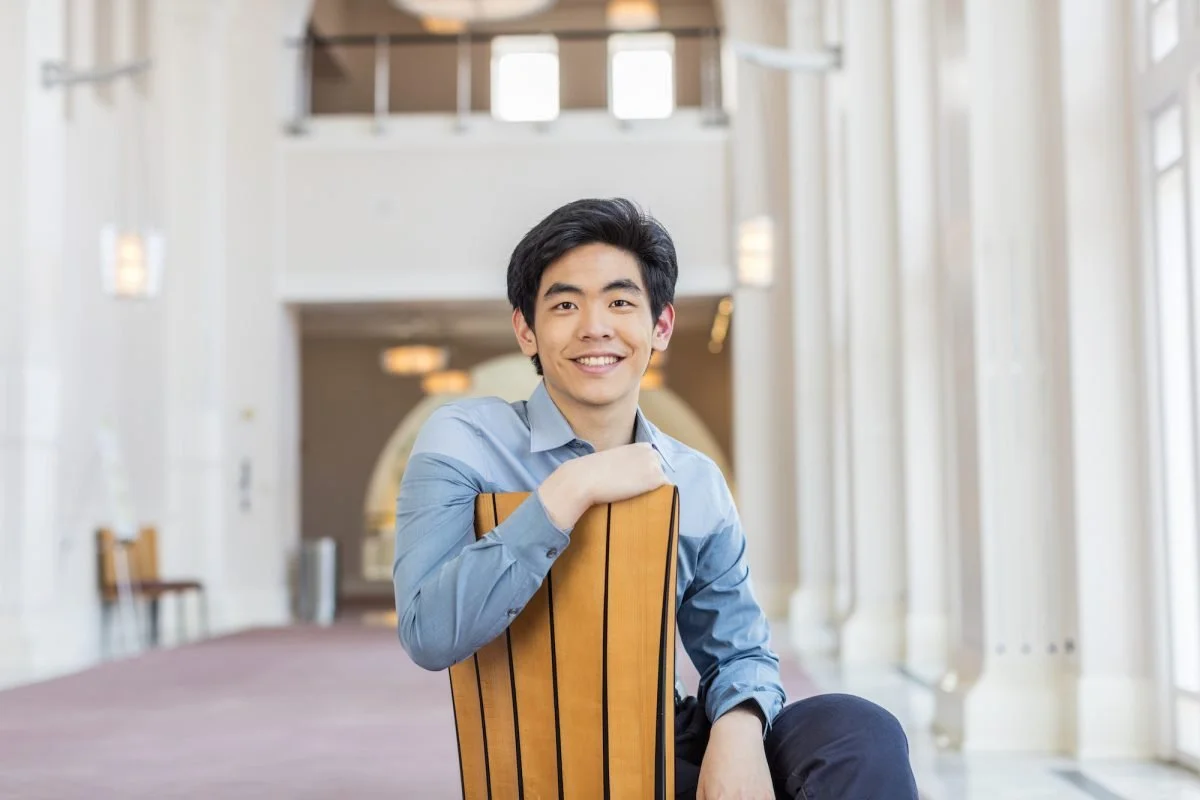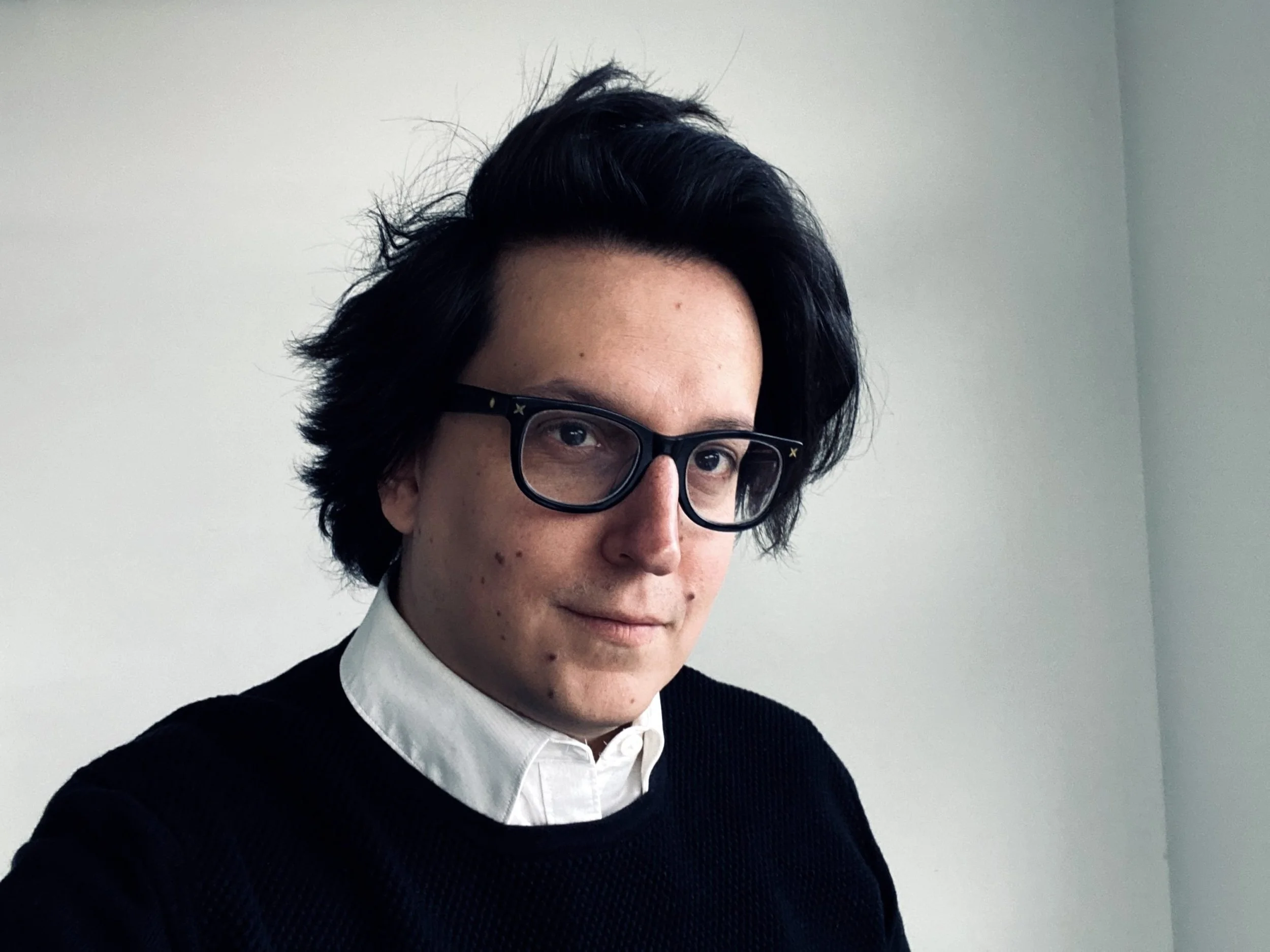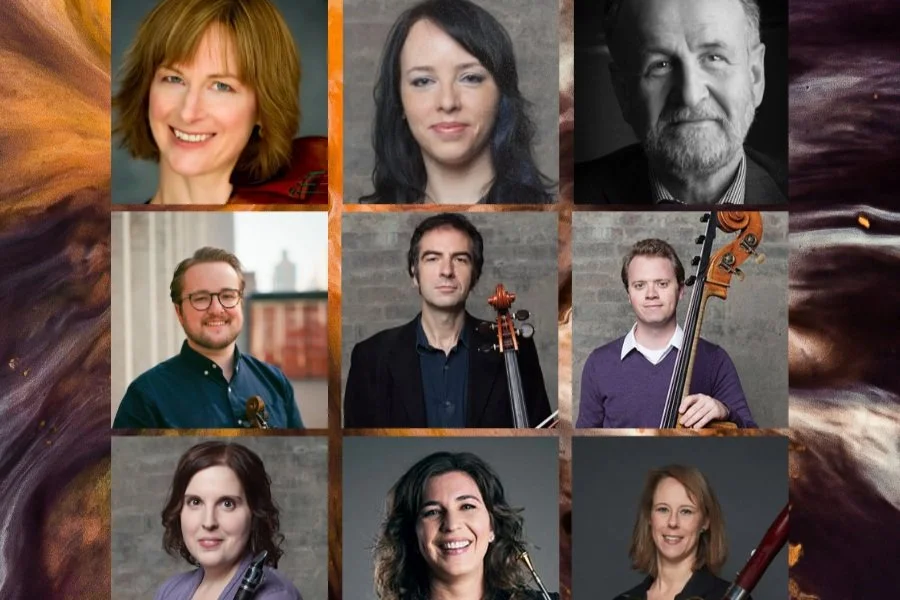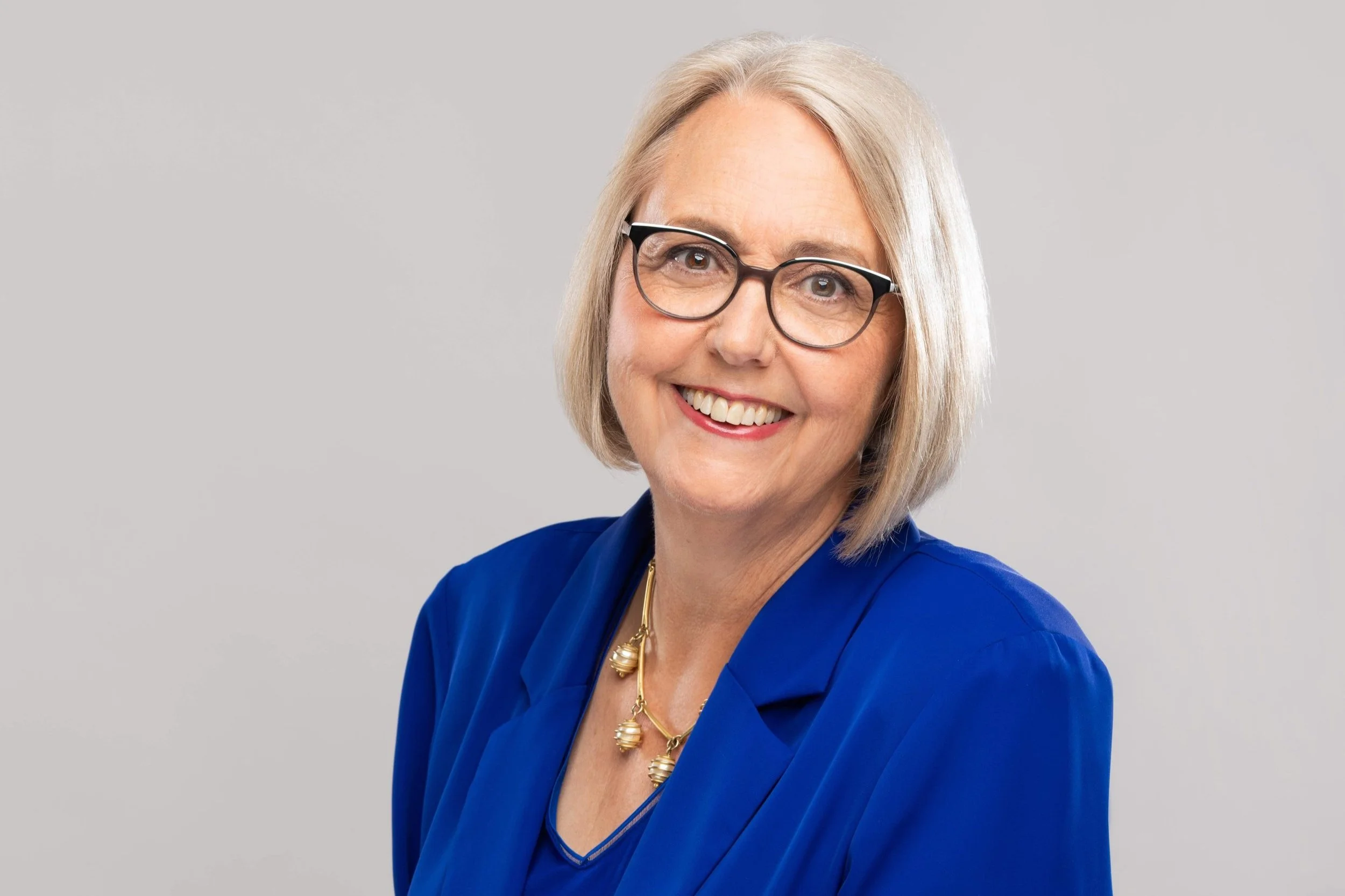Pianist Daniel Hsu puts love into a program of redemption—and one of the most demanding works in the repertoire
For his Vancouver Recital Society concert, the 23-year-old talent shows his interpretive prowess with Liszt, Beethoven, and Schumann
The Vancouver Recital Society presents Daniel Hsu in a matinee performance at the Vancouver Playhouse next May 15
SCANNING DANIEL Hsu’s biography, one thing jumps out—and it’s not that he won bronze at the 2017 Van Cliburn International Piano Competition, or that he’s a graduate of the esteemed Curtis Institute of Music, or that he’s only 23. It’s that he’s studied intensively with the celebrated pedagogue Gary Graffman, a wonderful pianist whose performing career was cut short by injury.
Graffman has to be at least partially responsible for Hsu’s flawless technique and adventurous spirit. But what’s really intriguing is that the Graffman imprimatur seems to predict major success in the concert world: among his earlier proteges are the celebrated Lang Lang and Yuja Wang.
“A first rate talent should be discovered early, and that’s the most important thing,” is one of Graffman’s maxims, and Hsu bears this out: he started playing the piano at six, and was accepted as Graffman’s student just four years later.
“I still consider him my teacher, even though I don’t have weekly lessons with him,” Hsu says in a telephone interview from California. “And it was at a very formative age for me, too. I started with him at 10, and that’s really quite early. And in a lot of ways his teaching and his direction really shaped who I am as a pianist and as a musician….He really encourages individualism and personal growth.
“He’s not the kind of teacher to enforce a ‘my way or the highway’ type of thing, where it’s like ‘Oh, you must play that in this way.’ He’s not that teacher,” the young virtuoso continues. “He very much approaches it from the viewpoint of ‘I think this works. I don’t think this works and this is why. Maybe try this.’ And he doesn’t spoon-feed you the answers, because there aren’t really answers to these things. If there are suggestions about how to do things that are better than your own, it’s often more valuable to teach someone how to get there than provide the answer immediately.”
How well Hsu has absorbed his mentor’s teachings, which focus on finding and furthering an individual voice, should be evident from the program he’s prepared for his Vancouver debut, sponsored by the Vancouver Recital Society and its prescient talent-spotter Leila Getz. Robert Schumann’s Kinderszenen, Ludwig van Beethoven’s Sonata No. 31 in A-flat major, and Franz Liszt’s Sonata in B minor: these are key works in piano literature, and big works, too, demanding both technical prowess and interpretive intelligence.
The Liszt, in particular, is revered as one of the most demanding works in the repertoire, and Hsu admits its reputation could easily lead a young pianist astray. “It’s very easy to think of the Liszt sonata as this fiery, flashy technical behemoth where you sort of show off,” he notes. “And it is very much that, in some ways, but I don’t see that as the work’s core, or its most important aspect. I don’t consider that the summary of the work, if that makes sense. I think it’s really about Liszt’s struggle between dark and light. I mean, it starts very clearly in this torment, in this struggle, and it ends in an incredible place, in my opinion.”
Kinderszenen, in contrast, translates as “Scenes from Childhood” and its blend of nostalgia and sweetness is as far from Lisztian torment as can be imagined. (Although it’s not entirely without clouds; whose childhood is?) It’s a generous way to open a program that is otherwise, as Hsu allows, on the serious side, giving listeners time to attune their ears before the emotional journey that will soon be upon them. “I just can’t not play it,” the pianist says, with obvious affection. “I don’t want to say it’s a nice appetizer, because it’s far too big to be an appetizer. But you know what I mean.”
Beethoven’s penultimate piano sonata, which in Hsu’s program falls between the Schumann and the Liszt, can be seen as another dualistic work, in this case toggling between despair and ecstasy. The autobiographical aspects are evident in both regards: the almost brutal bass notes in the left hand early on could be a response to the composer’s increasing deafness, or to his romantic disappointments in life. But the piece ends in a sublimely elegant fugue, suggesting that Beethoven found solace and perhaps even transcendence in his love of Johann Sebastian Bach, and in music itself.
Hsu is likely too young to have endured an excess of life’s trials—but he has already survived a global pandemic, and he notes that having his burgeoning performing career sidelined for almost two years was not without pain. “There were lots of personal struggles for me,” he says. “So I chose this program, in many ways, kind of around the theme of redemption and resurrection. This music is very symbolic of that for me—but it’s also just really great music, and I hope my love for it comes through.”














